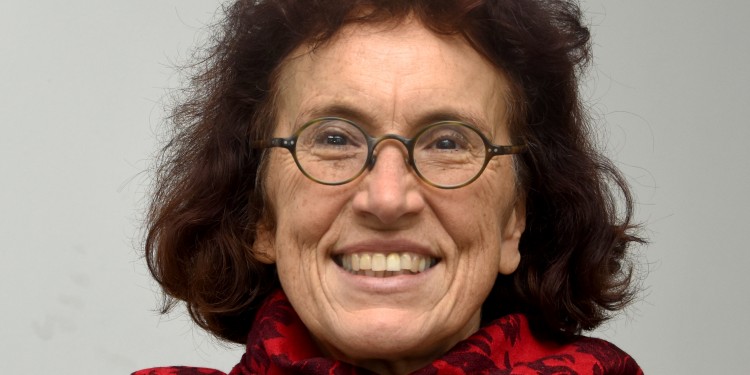
"The clash of traditions and belief in progress is fascinating"
Dr. Susanne Günthner, a Professor of German, is an expert on China and has been head of the Department of German Studies’ Partnership with Xi’an International Studies University since 2017. In an interview with Norbert Robers, she talks about the belief in progress in China, the Chinese interest in Germany and the differences between the two university systems.
China is especially promoting its elite universities – but are the working conditions in Xi’an also good?
Yes, the working conditions are good. In contrast to the universities in Shanghai and Beijing, which are showered with contacts from abroad anyway, the universities in Xi’an put a lot of effort themselves into making international contacts. Some of the technical equipment is better than here, all the teaching staff are very dedicated, and contacts between international guest lecturers are extremely good. What is difficult is accessing research literature, because all access to Google is blocked.
What is the reason for China’s interest in German studies?
Since the beginning of the 20th century China has had a lot of interest in scientific exchange with Germany – at that time, it was especially in engineering and the natural sciences. The interest in German studies comes, among other things, from the positive image that Germany has in China. A lot of young people are interested in German (everyday) culture and, in particular, would like to work or study in Germany. After the English-speaking countries, Germany is the most popular place to study – because German universities have a good reputation and studying is free of charge.
What stands out particularly in a comparison of the Chinese and German university systems?
The Chinese university system is much more like school. Students are in fixed classes, and relations between students and teachers is very hierarchical. For some years now, there has been a strong increase in the influence of the Communist Party in everyday university life. There are a lot of classes for political education and a lot of course content is defined by the Party – especially in the Humanities and Social Sciences, where a renewed consideration of Chinese culture is being intensified.
Given your many years of experience, would you recommend German researchers to collaborate with Chinese universities?
Absolutely, because it involves close encounters with a university system which functions differently from ours. What’s also fascinating is the clash between traditions going back thousands of years and an almost unchecked faith in progress. In the past few years I have witnessed an enormous growth in self-confidence in Chinese academic life. Where, 35 years ago, they wanted to imitate the West, today they are taking great pride in trying to realise the ‘Chinese Dream’ in an academic sense too.
This article was originally published in the University newspaper wissen|leben No. 8, 18 December 2019.
